A presentation on the background & introduction to the International Workshop on Restorative Governance, Monday, July 21, 2014, Lord Nelson Hotel, Halifax, Nova Scotia.
Prepared By workshop convenor Professor Jennifer Llewellyn, Viscount Bennett Professor of Law, Schulich School of Law, Dalhousie University, Halifax, Nova Scotia.
This workshop will bring provincial and international leaders in restorative theory and practice together with those in governance or leadership positions interested in considering, developing or supporting a restorative approach.
There is much that we can share and learn from one another regarding particular restorative processes, practices and policies developed and implemented within our various areas, sectors or jurisdictions. Indeed, we hope the connections made through this workshop will support and sustain continued mutual learning into the future. The specific focus of this workshop is on the implications of a restorative approach for governance.






